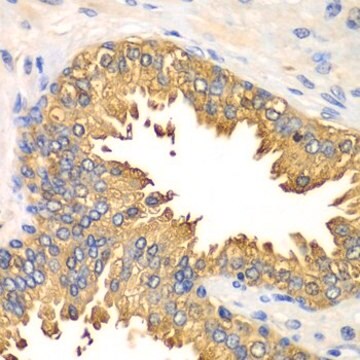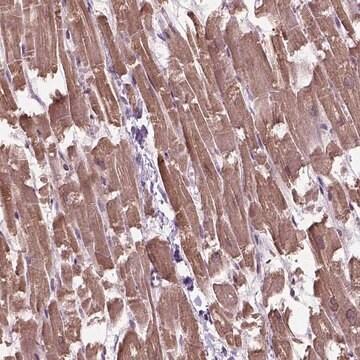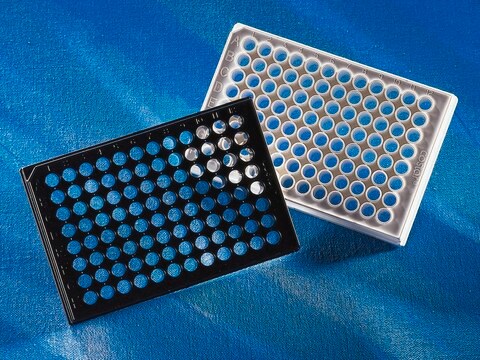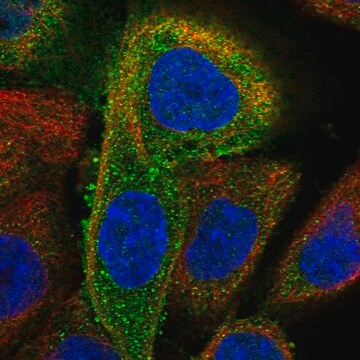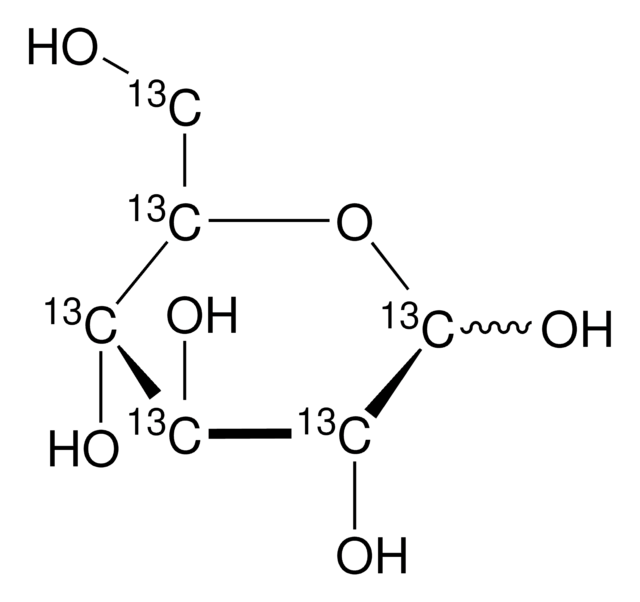MABF297
Anti-RIG-I, clone 1C3 Antibody
clone 1C3, from mouse
Sinónimos:
Probable ATP-dependent RNA helicase DDX58, DEAD box protein 58, RIG-I-like receptor 1, RLR-1, Retinoic acid-inducible gene 1 protein, RIG-1, Retinoic acid-inducible gene I protein, RIG-I
About This Item
Productos recomendados
biological source
mouse
Quality Level
antibody form
purified immunoglobulin
antibody product type
primary antibodies
clone
1C3, monoclonal
species reactivity
human
technique(s)
immunocytochemistry: suitable
immunoprecipitation (IP): suitable
western blot: suitable
isotype
IgG1λ
NCBI accession no.
UniProt accession no.
shipped in
wet ice
target post-translational modification
unmodified
Gene Information
human ... DDX58(23586)
General description
Immunogen
Application
Immunoprecipitation Analysis: A representative lot immunoprecipitated RIG-1 in A-459 lung carcinoma cell lysate (Nistal-Villan, E., et al. (2010). J. Biol. Chem. 285:20252-20261).
Immunocytochemistry Analysis: A 1:500 dilution from a representative lot detected RIG-I in HeLa cells (Courtesy of Maite Sanchez).
Inflammation & Immunology
Immunoglobulins & Immunology
Quality
Western Blotting Analysis: 1.0 µg/mL of this antibody detected RIG-1 in 10 µg of A-549 infected with SeV cell lysate.
Target description
Physical form
Storage and Stability
Other Notes
Disclaimer
¿No encuentra el producto adecuado?
Pruebe nuestro Herramienta de selección de productos.
Storage Class
12 - Non Combustible Liquids
wgk_germany
WGK 1
flash_point_f
Not applicable
flash_point_c
Not applicable
Certificados de análisis (COA)
Busque Certificados de análisis (COA) introduciendo el número de lote del producto. Los números de lote se encuentran en la etiqueta del producto después de las palabras «Lot» o «Batch»
¿Ya tiene este producto?
Encuentre la documentación para los productos que ha comprado recientemente en la Biblioteca de documentos.
Nuestro equipo de científicos tiene experiencia en todas las áreas de investigación: Ciencias de la vida, Ciencia de los materiales, Síntesis química, Cromatografía, Analítica y muchas otras.
Póngase en contacto con el Servicio técnico